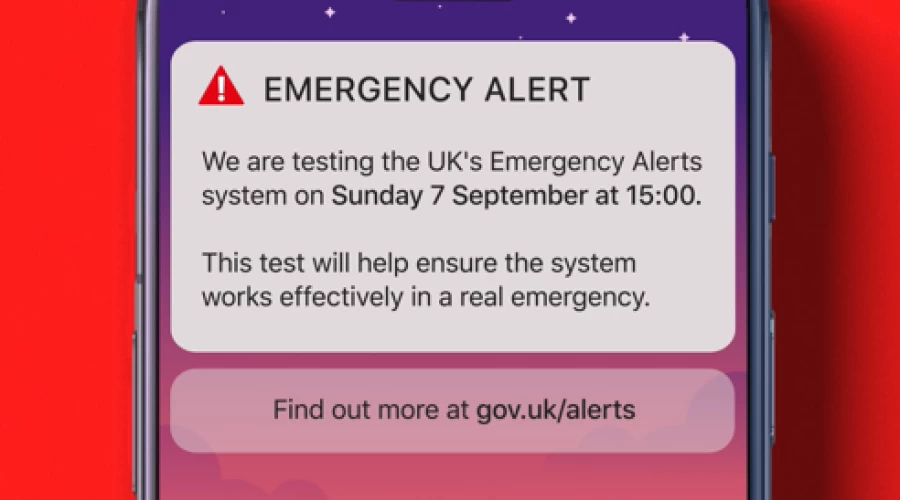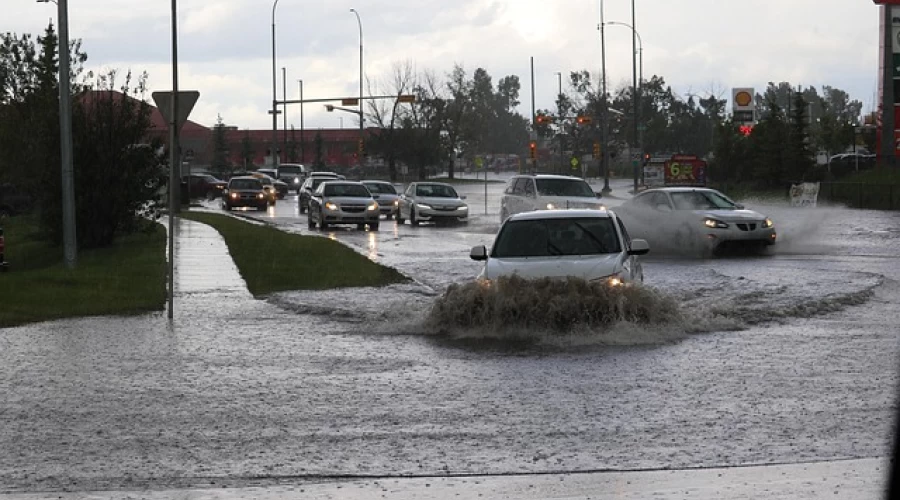Flooding and Health: Mental Health
This article contains information & advice regarding risks that do not appear on the Risk Register.

Experiencing a flood can be frightening, and it can disrupt your daily life activities. It is normal to experience tiredness, difficulty sleeping, and anxiety in these circumstances even if your home was not flooded. It’s important not to underestimate the stress and strain of being flooded, having to move from your home, or cleaning up after a flood. Take the time to consider your and your loved ones’ mental health and wellbeing.
Events that occur after a flood can also be a source of stress, and there are several factors that can cause this feeling, such as:
- disruption to your GP clinic and accessing necessary healthcare services
- disruption to regular household activities
- interruption to school facilities
- damage to home and personal belongings
Experiencing any one of these factors can be distressing and can cause anxiety. It is normal to feel this way, even for a while after the event. If you are feeling this way, please get in touch with a local community support group, or neighbours to help you cope and recover.
More information on the mental health impacts of floods is available on GOV.UK.
Looking after yourself in the short term
Take the time to consider your mental health and wellbeing. Make time for yourself; go to a place where you feel calm and safe. Take time to rest, relax, get sufficient sleep and eat healthily and regularly. Don’t force yourself to go over the events or pressure others to talk about events or their concerns.
There will be lots of practical work that needs to be done but making time to talk to someone you trust can be helpful. Your friends and family are there to support you and making the time to talk to and support each other to get better is important.
Start clean-up efforts within your home when you feel ready, and don’t overdo it during the clean-up and recovery process. Exercise can help you feel better: attempt something manageable such as walking. If you exercise regularly, it’s important that you try and keep to your regular routine, if possible.
Remember: anxiety, stress, tiredness and difficulty sleeping are normal in these circumstances.
It can help to start repair efforts as soon as you feel ready to remove flood water and reduce lasting damage where possible but do not overdo it when cleaning up. Remember, anxiety, stress, tiredness and difficulty sleeping are normal in these circumstances.
Help with practical difficulties can be of great importance to maintaining your wellbeing, so keep in touch with your local authority who will be able to support you in resolving issues.
Connecting with your local community is an important source of practical and psychological support. You may be able to access support groups, local recovery hubs and community centres in your area.
Looking after others in the short term
If you are helping someone who has been affected by flooding, there are informal ways to offer support if professional support is not needed or available. Providing practical care and support as well as emotional support, for example listening to and comforting people, is commonly referred to as psychosocial support, and psychological first aid (PFA) is a well-recognised approach to facilitate this type of support.
Before attempting to deliver PFA, it’s important to complete training to develop relevant knowledge and skills.
There is an online course in PFA as well as a specialised course to deliver PFA to children.
Looking after yourself and others in the long term
If you have concerns about your own or others’ mental health, or your distress continues over an extended period of time, visit your GP or call NHS 111, who can help to identify further sources of support.
NHS Better Health also has advice on how to deal with stress or anxiety as well as information about where you can access further support.
NHS mental health services are available online and locally.
A small proportion of people may require access to specialist mental healthcare. This can be accessed through GPs or by self-referring to a local NHS Talking Therapies service.
Helplines, such as Samaritans, can provide support to anyone in emotional distress or struggling to cope. The Samaritans free helpline is available 24 hours a day on 116123.
Related News

Emergency Alert Test - Sunday, 7 September at 15:00
>1m read
Emergency Alert Test - Sunday, 7 September at 15:00
How you can help others
Experiencing a flood can be distressing and some people can be at a higher risk of developing further mental health problems. In these cases, it is important to seek support from loved ones such as family, friends and neighbours to lessen the negative impacts of flooding on mental health.
Getting in touch and staying together with families, friends or community groups can help to reduce the suffering and promote recovery of people who are affected. Local authorities and voluntary groups may also be able to offer assistance in flood preparedness, signposting you to your local flood warden.
If you are helping someone who has been affected by flooding, there are simple techniques you can use to offer support. These include:
- assess the situation and ensure that a person’s circumstances are safe, and help them make contact with recovery agencies such as through local authority, flood warden (National Flood Forum)
- check there are no immediate physical health needs, for example, those that may require an ambulance or a hospital visit
- check with them about their needs or concerns, and identify if any basic needs are not met, such as access to food, water, shelter and medication
- help people contact their loved ones and others who can provide familiar sources of support
- listen, provide information if you have it, and help people to make plans for next steps
Before offering help, it may be useful to identify access to support for those that are affected, or checking the local flood warnings in case there is a continued flood risk to provide them with the appropriate support.
More information about how to support people who have been affected by flooding or other emergencies is available from the World Health Organization (WHO).
There are other organisations that provide more information on keeping safe during a flood as well as wellbeing advice, including:


